Japan’s “scientific” whaling program just took another major hit with a decision handed down by a global conservation body that slaughtering sei whales in the North Pacific is illegal.
Despite a worldwide moratorium on commercial whaling that was put in place in 1986 by the International Whaling Commission (IWC), Japan has continued with annual whale hunts that it claims are being conducted to collect scientific data. Conservationists, however, have long argued that Japan has been abusing a loophole in the moratorium that allows for lethal scientific research whaling, and it’s resulted in the deaths of thousands of whales since the ban went into force.
While there have been reasons to be optimistic that this will be brought to an end, including a historic victory in 2014 when the International Court of Justice ruled that Japan’s scientific whaling program in the Antarctic was illegal and ordered it be ended, and the IWC recently shutting down an attempt by Japan to revive commercial whaling.
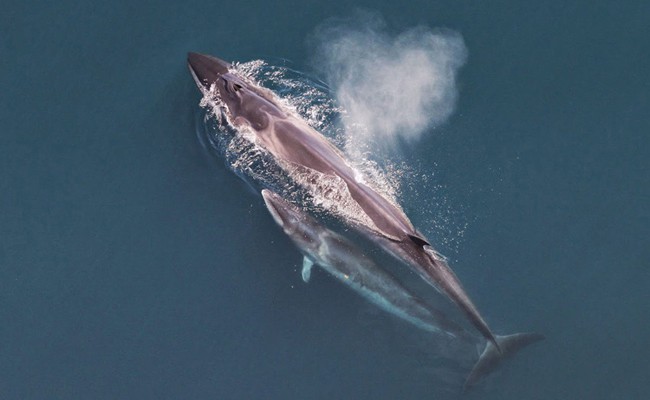
Unfortunately, Japan has continued with its relentless pursuit of whales.
Now, however, it’s taken another significant blow. This time, it’s coming from the Convention on International Trade in Endangered Species of Wild Fauna and Flora (CITES), which regulates international trade in plants and animals.
At its 70th meeting this week in Sochi, Russia, the CITES Standing Committee officially declared that Japan’s scientific whaling targeting vulnerable sei whales in the North Pacific is illegal.
“This is a significant win for sei whales and another blow by the international community against Japan’s so-called ‘scientific’ whaling,” said Matthew Collis, director of international policy for the International Fund for Animal Welfare. “For 16 years, Japan has been importing and selling sei whale products; this is a persistent and intentional violation of CITES rules and must stop.”
Sei whales are listed as Endangered on the IUCN Red List of Threatened Species, and they’re also listed on Appendix I by CITES, which bans the international commercial trade in their products, yet Japan is killing as many as 134 sei whales every year, who mostly end up as meat for consumers.
Because Japan is slaughtering them outside of its own territorial waters and bringing them back, it can be considered international trade, which CITES ruled makes it illegal. Japan now has to take action to address this issue by February, but if it fails to fully comply it could face trade sanctions from 182 member nations.
“The issue of Japan’s use of meat from sei whale taken on the high seas is important, both for the whales themselves and also for the integrity of CITES,” said Mark Simmonds, senior marine scientist for Humane Society International. “Japan is a significant importer and exporter of wildlife products and it is now clear that Japan has been on the wrong side of the rules in this matter. Japan will now have to follow the instructions it has been given or face potentially serious consequences.”
Hopefully continued international pressure on Japan to end whaling will finally bring it to an end.
This article was first published by Care2.com on 04 Oct 2018.
We invite you to share your opinion whether international pressure should be increased to end Japan’s ‘scientific’ whaling program? Please vote and leave your comments at the bottom of this page.
Thank you for voting.
Editorial Comment: The purpose of this poll is to highlight important wildlife conservation issues and to encourage discussion on ways to stop wildlife crime. By leaving a comment and sharing this post you can help to raise awareness. Thank you for your support.

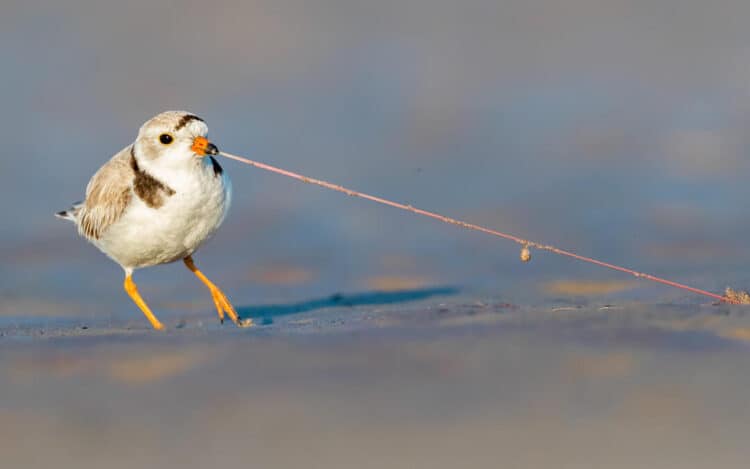

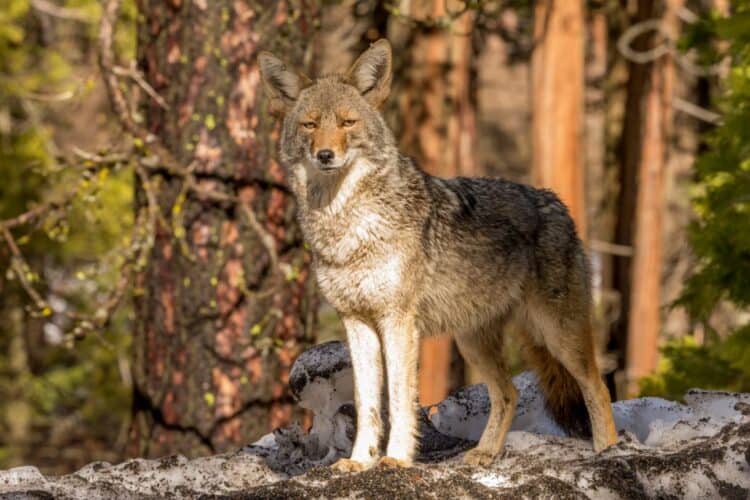
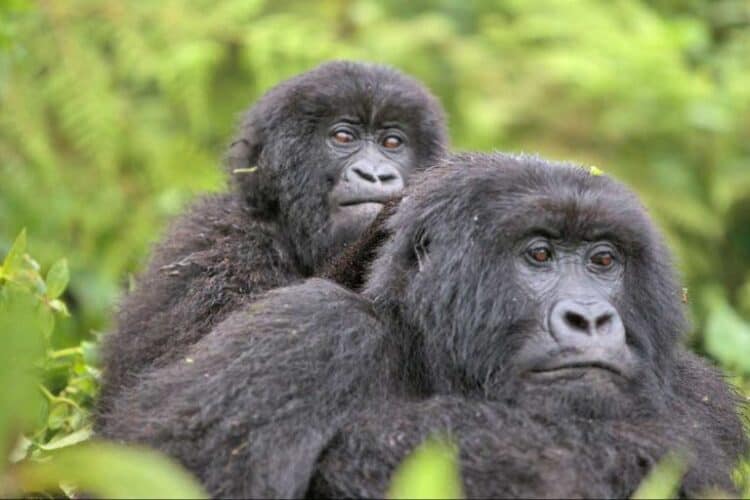
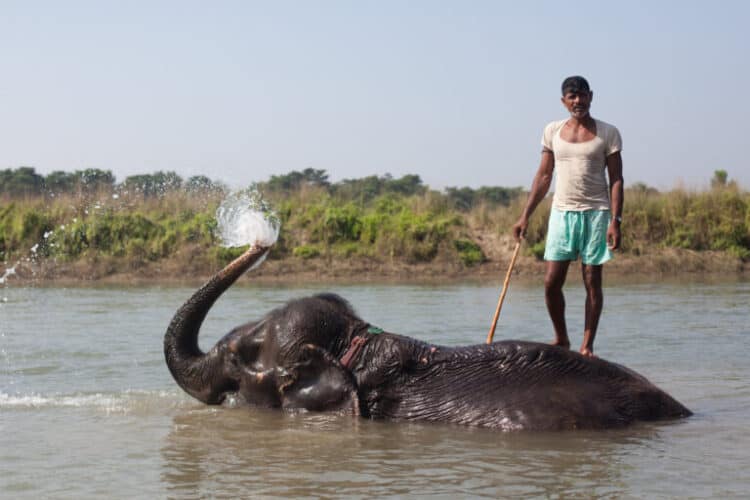
Leave a Reply